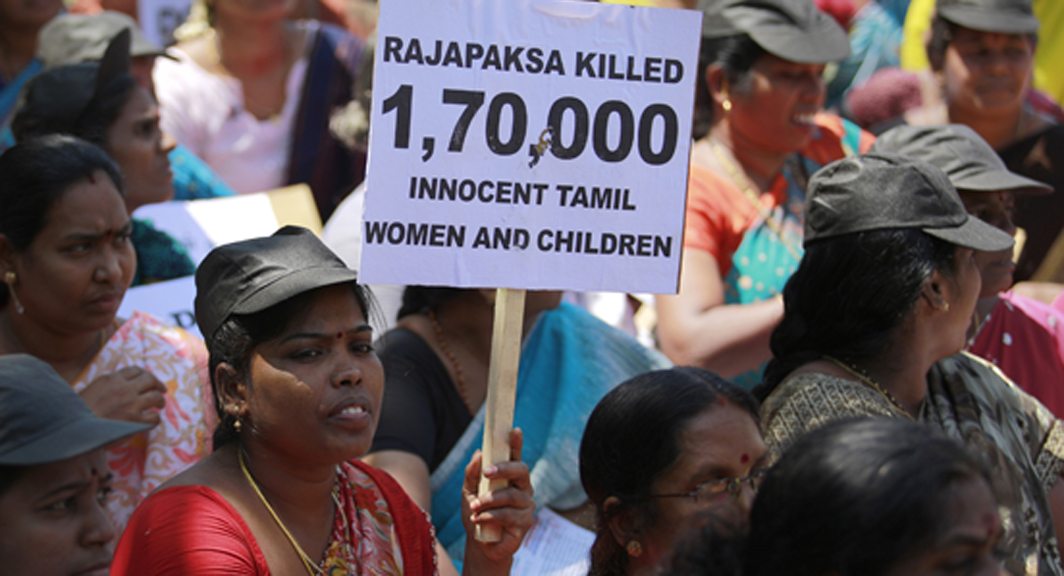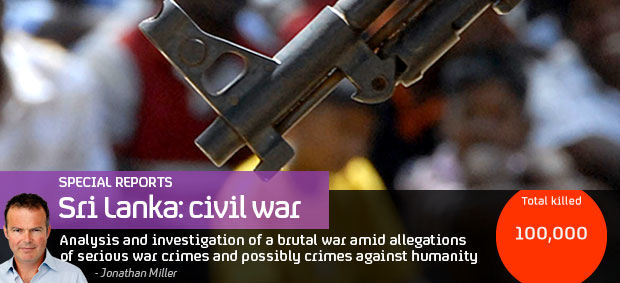UN votes again to urge Sri Lanka to investigate war deaths
For the second time in two years the United Nations Human Rights Council votes to urge Sri Lanka to carry out credible investigations into killings and disappearances during its bloody civil war.

Resolutions such as that brought by the United States are not binding, but the scrutiny by the U.N. Human Rights Council maintains pressure on the government to pursue perpetrators of crimes committed in the conflict against Tamil Tiger rebels.
The civil war took place over nearly 30 years and ended in 2009.
U.S. ambassador Eileen Chamberlain Donahoe said: “Sri Lanka must take meaningful action on reconciliation and accountability and address growing concerns over the deteriorating human rights situation.”
Tamil Tigers
Tens of thousands of civilians were killed in the final months of a war that began in 1983 as government troops advanced on the last stronghold of the Tamil Tiger rebels fighting for an independent homeland, a UN panel has said.
The panel said it had “credible allegations” that troops and the Tamil Tigers both carried out atrocities and war crimes, but singled out the government for most of the responsibility for the deaths. The government rejects the allegation.
Read more: Sri Lanka: skeletons in the cupboard?
UN High Commissioner for Human Rights Navi Pillay said in a report last month that Sri Lanka was failing to investigate alleged wartime atrocities committed by government forces and that activists and opposition politicians were still being killed or abducted.
Resolution adopted
The 47-member forum on Thursday adopted the resolution, with 25 countries in favour, including India; and 13 against, including Pakistan. Eight abstained and one delegation was absent.
Rights groups welcomed the continuing spotlight on Sri Lanka but regretted that the council failed to establish an international investigation into wartime crimes.
Sri Lankan presidential envoy Mahinda Samarasinghe took the floor during the debate to reject the U.S. resolution as “highly intrusive” and call for states to vote against the text.
“Why this preoccupation with Sri Lanka, why this inordinate and disproportionate level of interest in a country that has successfully ended a 30-year conflict against terrorism and has demonstrated so much progress in a relatively short space of time?” Samarasinghe said.
Lessons learnt
Referring to Sri Lanka’s Lessons Learnt and Reconciliation Commission, he said: “We have every confidence in our domestic processes and mechanism.”
Sri Lanka’s former army chief Sarath Fonseka, who led the military to victory at the end of the conflict against Tamil Tiger rebels, said this week he was ready to face questions about allegations of war crimes.
